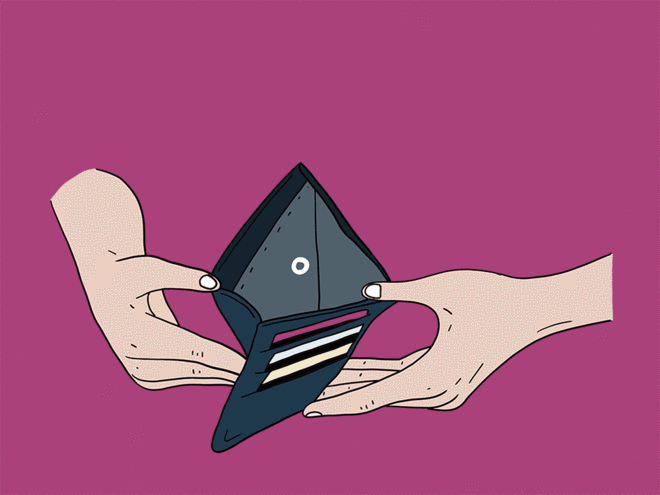
I never imagined a day would come when I would have to shell out a hundred rupees for a mango, but that is what I did the other day, with tears in my eyes. There was a time, just before the last war, when I would have been laughed out of court, had I paid even a paisa for a mango or, for that matter, for a jackfruit or a coconut or a pineapple, for they were not the kind you bought in the market. They grew on trees and all you had to do was pluck them.
This was, as I said, before the war, when a rupee was a rupee, but it was so scarce that you rarely saw it. My uncle, a shrewd businessman, was running our family farms, but we consumed what we grew, and there was very little hard cash at the end of the day. Most of the work on the farms was done by young boys like me during the vacations, but it was all in the family and nobody got paid, though when we returned to the cities for our studies, we were given a rupee each.
It is surprising how self-sufficient we were, as a family. We had coconuts and mangoes, and tall, slim area nut trees, and they provided us with everything we needed, including cooking oil and all the cashew nuts and pineapples you could eat. We boys did all the work, including loading coconuts on bullock carts, stripping them, and drying them in the sun before taking them to the ghani, where the kernels were pressed and later fed to the cattle. Gandhi ji would have been proud of us.
Now, or course, nobody climbs coconut trees, for it is cheaper to buy them in the market. Nobody goes to the farms any more either, for the family is scattered all over the world, and we don't get together even once in ten years. And the nuts dry up on the palm trees, unsung and unwept, except for red-tailed monkeys who pounce on them before the monsoons, though the monkeys too often give them a wide berth. It's hard work, even for a hungry monkey.
As I said, we rarely saw hard cash, for we were not the only people with surplus coconuts and mangoes, and everything was dirt cheap. Money was so tight you rarely saw it. Until I went abroad, I had not seen a Rs 100 note, and even a Rs 10 note was a small fortune. Very few people had jobs before the war, and even a peon in a government office in Bombay - as it was then known - was treated like a maharajah in some neighbourhoods.
In our village, another uncle of mine ran a small grocery shop, and I helped him during the holidays, as I was by then in the college, and not only could do large sums, but knew something called calculus, in which you dealt with letters instead of figures. My uncle sold things like soap - including Lux soap, which was very popular in those days though now it is used only by film stars - hair oil, candy for small children, imported marbles, and of course, stuff like rice and lentils, which I helped him pack and tie up with a cotton string.
But we rarely received money for it. Everything was on barter basis, and sometimes we had to accept even fresh fish - which stank to the heavens - in lieu of cooking oil or rice. As I said, there was very little cash coming in, though we knew we were doing good business.
Come to think of it, things are not all that different now. Nobody carries cash anymore - just like 50 or 60 years ago when money was scarce - and all you have in your pocket are credit cards, dozens and dozens of them, and not a single currency note or coin. This is true everywhere, even in small villages, where kids buy ice cream from parlours and whip out a credit card to settle the bill.
The more things change, the more they remain the same. We are back to the cashless economy after all these years, and millions and billions of dollars change hands at the press of a button or the flick of a switch. My uncle, who probably never came across a Rs 100 note in his lifetime, would have been quite at home in the new economy.
This story appeared on the website earlier.








